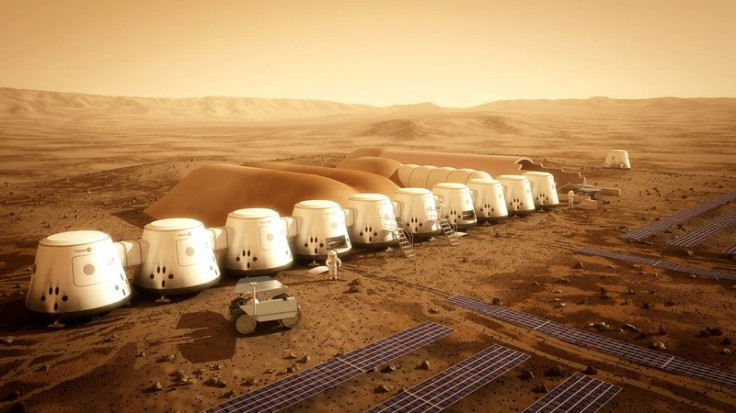Mars One Draws Over 100,000 Applicants Eager To Leave Earth Forever

Are you feeling dissatisfied with life on Earth? Why not join the growing movement of 100,000-plus people who have applied to permanently leave Earth and colonize Mars?
According to CNN, more than 100,000 people have already turned in their applications to Mars One, an organization whose goal is to establish a permanent human colony on the red planet by 2023. Mars One plans to send several groups of four people each to help create a human presence on Mars, but there’s one catch: These astronauts can never return to Earth. Once they reach Mars, they’re on the planet for life. Still, that hasn’t stopped massive numbers of people from applying to leave their lives on Earth forever.
“There is also a very large number of people who are still working on their profile, so either they have decided not to pay the application fee or they are still making their video or they’re still filling out the questionnaire or their resume. So the people that you can see online are only the ones that have finished and who have set their profiles as public,” CNN quoted Mars One CEO and co-founder Bas Lansdorp as saying.
Back in May, Mars One officially began accepting applications from anyone and everyone interested in abandoning Earth to live on the red planet.
While national space agencies such as NASA typically look for the fittest and smartest candidates to become astronauts, Mars One surprisingly is seeking something a little different through its application process: It is simply looking for normal, well-adjusted people, as opposed to experimental-airplane pilots with graduate degrees in theoretical physics.
“Applicants need to be at least 18 years of age, have a deep sense of purpose, willingness to build and maintain healthy relationships, the capacity for self-reflection and ability to trust,” the application requirements read. “They must be resilient, adaptable, curious, creative and resourceful. Mars One is not seeking specific skill sets such as medical doctors, pilots or geologists. Rather, candidates will receive a minimum of eight years extensive training while employed by Mars One.”
“Gone are the days when bravery and the number of hours flying a supersonic jet were the top criteria for selection,” Norbert Kraft, a former senior research associate at NASA and the chief medical director for Mars One, said in a statement. “Now, we are more concerned with how well each astronaut works and lives with the others -- and for a lifetime of challenges ahead.”
If you’re interesting in applying to Mars One’s program yourself, feel free to send in your application here.
© Copyright IBTimes 2025. All rights reserved.






















